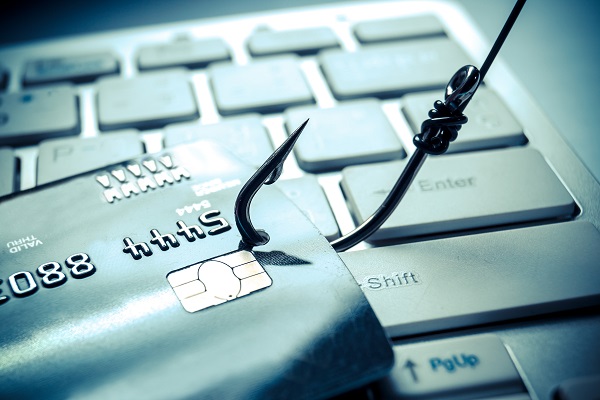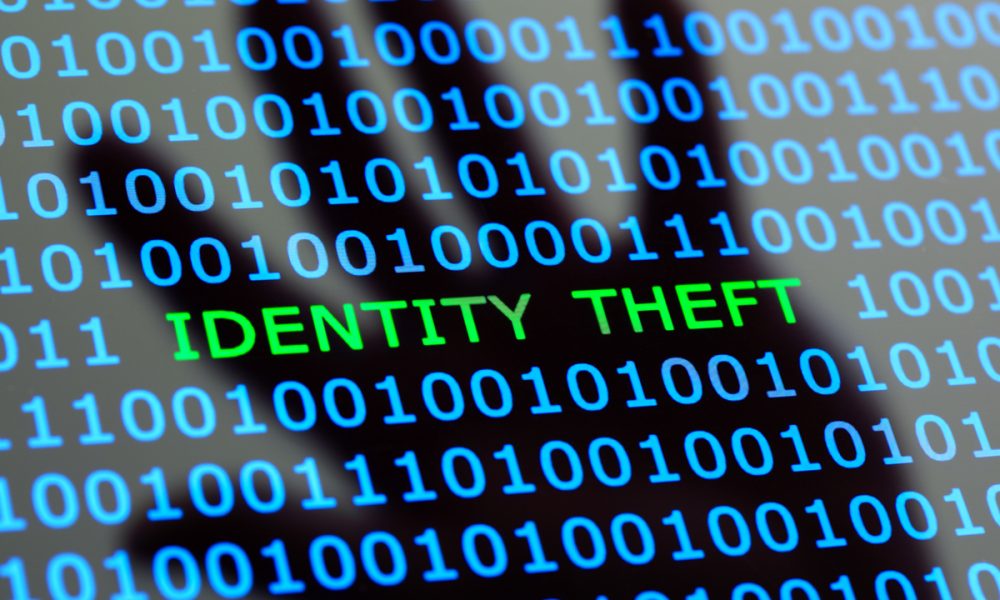Introduction
In recent years, biometric technology has become more common in authentication and identification processes. Biometrics use unique physical characteristics of individuals such as fingerprints, facial recognition, and iris scans to verify identity. While biometric technology offers an additional layer of security, it also raises concerns about privacy and the potential for identity theft. In this article, we will explore legal concerns and protections related to biometrics and ID theft.
Legal Concerns

The use of biometric data for identification purposes is subject to numerous laws and regulations. One significant issue is the collection and storage of biometric data. In the United States, the collection of biometric data is regulated by state laws. For example, Illinois has the Biometric Information Privacy Act (BIPA), which requires companies to obtain written consent before collecting biometric data. The act also requires companies to provide a specific retention schedule and guidelines for the permanent destruction of biometric data.
Another legal concern is the potential misuse of biometric data. Companies must ensure that biometric data is used only for its intended purpose and is not shared or sold to third parties without consent. Additionally, companies must have appropriate security measures in place to protect biometric data from hackers or other threats.
Protections
To protect individuals from biometric data misuse and ID theft, several protections are available. One such protection is the right to sue under BIPA for unauthorized collection or misuse of biometric data. Additionally, individuals can monitor their credit reports and bank accounts for any suspicious activity that could indicate ID theft.
Companies can also take steps to protect biometric data. For example, companies can encrypt stored biometric data and limit access to authorized personnel only. They can also use multi-factor authentication to ensure that biometric data is not the only factor used for identification.
Biometric technology offers enhanced security and convenience, but it also raises legal and privacy concerns. To prevent ID theft and protect biometric data, individuals and companies must take appropriate measures. Individuals should monitor their credit reports and bank accounts for any suspicious activity, while companies must adhere to state laws and regulations, limit access to biometric data, and have robust security measures in place. By working together, individuals and companies can ensure that biometric technology is used responsibly and securely.

